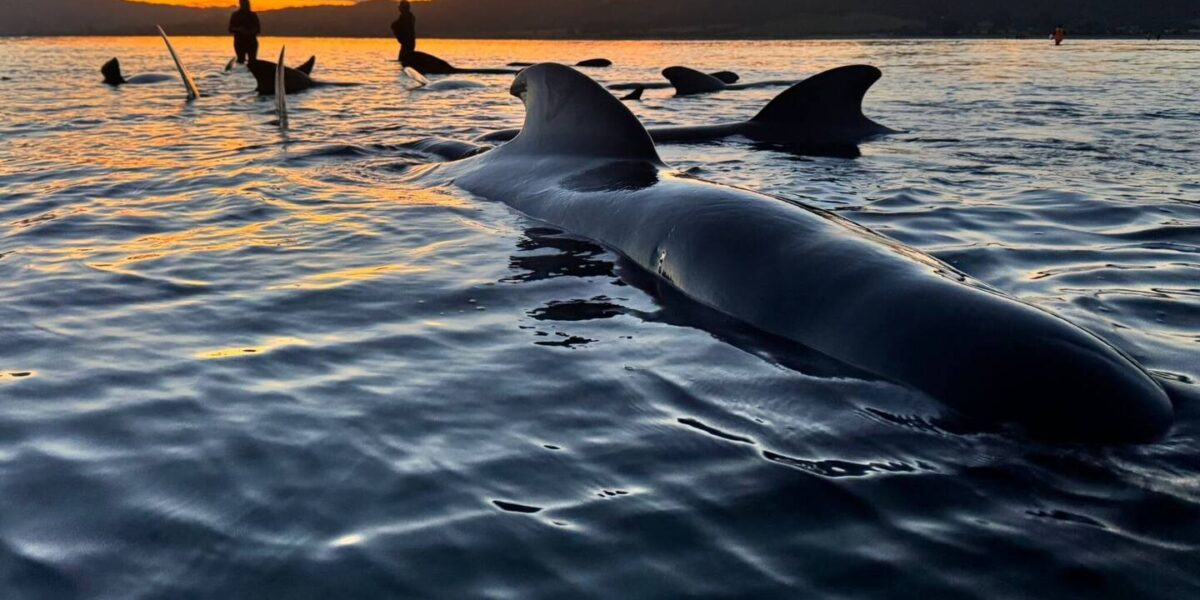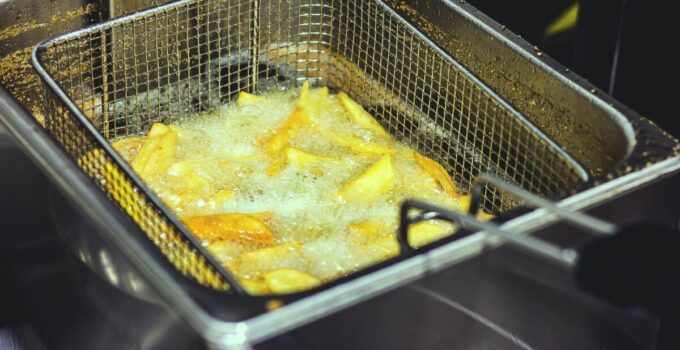A man who helped his girlfriend establish a new business, in competition with his employer, has been ordered by the Employment Relations Authority (ERA) to pay his former employer $ 22,854.36, and the girlfriend to pay $6,000 for aiding and abetting him to breach his employment agreement obligations.
I am… a Volunteer Whale Medic

In January, Farewell Spit witnessed multiple whale strandings over a number of days. As a Volunteer Whale Medic with Project Jonah, I went to the stranding. It involved several pods of pilot whales, with some re-stranding after initial rescue attempts.
Project Jonah, a renowned marine conservation organisation, led the volunteer efforts alongside the Department of Conservation (DOC) to refloat the whales. Here’s a glimpse into that experience and a call out to anyone who may be interested in becoming involved.
The very first stranding I attended was in 2017, as a member of the public. A huge 400 whale stranding. It was epic, confronting, gut wrenching and ultimately incredibly rewarding to be a part of. The feeling of pure elation to watch the whale I had spent hours pouring buckets of water over during a blistering hot day, as it swam away from my arms, was simply one of the most incredible moments I have experienced.
Fast forward and with general life getting in the way, I did not become a volunteer until last year after attending two days of medic training, becoming a regular financial donator and buying the t-shirt.
I received the call out for volunteers by text at 6.30am. I pack up my wetsuit, a sheet, bucket and spade along with my fluro volunteer vest and drive the three hours to the stranding. On first arriving I find it confronting. The sadness of seeing such extraordinary creatures lying on the beach helpless and hearing their plaintive whistles of distress is contrasted with the enormous human compassion and effort I am witnessing.
Donning a fluro vest is always an interesting insight into human behaviour. For whatever reason, as there were many other vest wearing volunteers there, I am a magnet for the question asking public. So, while giving guidance on how to care for the whales until high tide, I realise how much more I still have to learn as the curiosity of children and their questions shows the gaps in my knowledge.
The refloating at high tide is the time of organised chaos. Only those with wetsuits can assist at this stage, so volunteer numbers dwindle. Some whales have stranded on their sides, closely packed against each other, so their blow holes are covered by the incoming tide. They are at risk of drowning before they can be refloated. One of the largest whales thrashes wildly, pitifully crying out, before taking its final breath. The human effort perceptively becomes more frantic. There is a desperate shortage of lifting strops, used to go under the whales to help roll them on their belly and take it out to deeper water. Slowly the tangle of whales is unravelled and the pod is floating. A tiny, weeks old whale is swimming in between volunteers and the pod, causing laughter and relief. As we slap the surface of the sea, making noises to encourage the whales to swim to deeper water, there is a sense of being part of something extraordinary, something so incredibly worthwhile and important, something I want to encourage others to experience.
All of this is possible because of Project Jonah. The techniques and systems they have developed and use at whale strandings are world renowned. It is all done with only two paid employees and donations. The most urgent need identified at this stranding was for more lifting strops. A set of three are needed to lift a whale and costs $1,200 for the set.
Chapman ER are sponsoring a set and if you or your business are interested in making a contribution towards the purchase of more, or would like to sponsor a whole set, here is the link for doing this.
There are many other ways you can help out, from becoming a volunteer to being a regular financial donor. Every single contribution helps. If you have any questions or would love to chat about what you can do, I’m a certified wearer of a fluro vest so happy to oblige.
Kay Chapman
Whale Medic #13863


